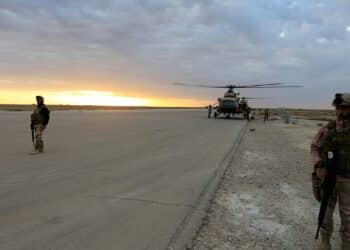Every year, on average more than 300 whales and dolphins on a mass strand move closer to the shore and are forced to feed into shallower water but the question rises is what forces them to strand.
Most scientists believe that it’s because of climate change which is continuously warming ocean temperature, resulting in the death of hundreds to thousands of animals in mass stranding. In 1918, about 1,000 animals died in a single mass stranding on the Chatham Islands which was the largest hit on this island.
DOC Biodiversity Ranger Jemma Welch said in an interview that “Only 26 of the whales were still alive at this point, the majority of them appearing very weak, and were euthanised due to the rough sea conditions and almost certainty of there being great white sharks in the water which are brought in by a stranding like this”.

The department said that members of the local Moriori and Maori communities performed a ceremony to honour the spirits of the whales and dolphins.
The pilot whale is a common species of whale which are small, toothed with a bulging forehead, a short snout, and pointed flippers and is known as sociable creatures as they live in groups of dozen, hundreds, or even thousands.
This incident occurred 2 months after one of the world’s largest recorded mass standings, which left at least 380 whales dead on a beach in Tasmania, Australia.
Also read:
Adani’s Carmichael Mine Project Faces Backlash
CREO – A Secretive Non-Profit Club Of The World’s Elite Combating Climate Change
Coal Handling At Goa Port To Be Reduced By 50 Percent, Says CM
















